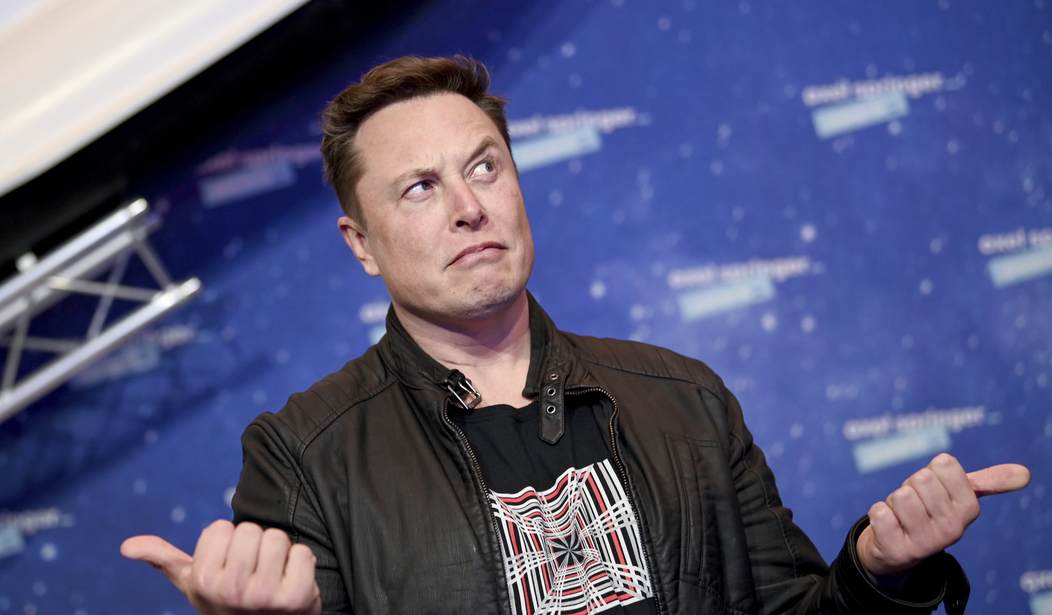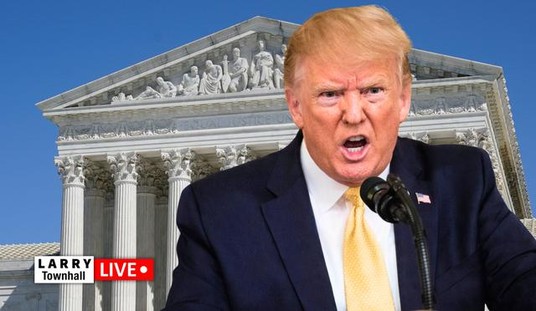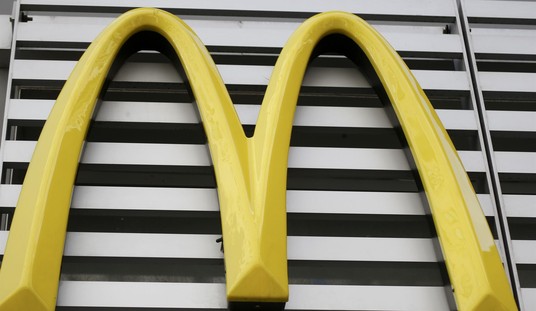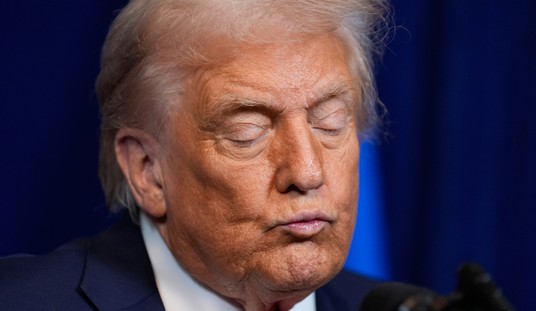Last Monday, Elon Musk was in the news as he attempted to branch out from his role of entrepreneur and connoisseur of government grants and rent-seeking into the that of international peacemaker. His announcement of a plan to end Putin’s War in Ukraine (see Elon Musk Lights up the Internet With Ukraine Peace Deal Proposal) didn’t draw rave reviews.
On Tuesday, Elon Musk was again a hot topic on social media because of an “article” posted at Vice.com headlined Elon Musk Spoke to Putin Before Tweeting Ukraine Peace Plan: Report.
Elon Musk spoke directly with Russian President Vladimir Putin before tweeting a proposal to end the war in Ukraine that would have seen territory permanently ceded to Russia, it has been claimed.
In a mailout sent to Eurasia Group subscribers, Ian Bremmer wrote that Tesla CEO Musk told him that Putin was “prepared to negotiate,” but only if Crimea remained Russian, if Ukraine accepted a form of permanent neutrality, and Ukraine recognised Russia’s annexation of Luhansk, Donetsk, Kherson and Zaporizhzhia.
According to Bremmer, Musk said Putin told him these goals would be accomplished “no matter what,” including the potential of a nuclear strike if Ukraine invaded Crimea, which Russia annexed in 2014. Bremmer wrote that Musk told him that “everything needed to be done to avoid that outcome.”
Note the way “recognized” is spelled if you have any doubts that the writers at Vice.com are much more cultured than you.
Anyway, because of the source and the superabundance of dumbf***ery that comes out of it, there were obviously questions (Vice Claims Elon Musk Spoke to Putin About the War – Musk Says That’s a Lie).
No, it is not. I have spoken to Putin only once and that was about 18 months ago. The subject matter was space.
— Elon Musk (@elonmusk) October 11, 2022
Later in the day, the man who made the claim, Ian Bremmer, academic, risk consultant, and president of the Eurasia Group consultancy, went on the record.
i have been writing my weekly newsletter on geopolitics for 24 yrs.
i write honestly without fear or favor and this week’s update was no different.
— ian bremmer (@ianbremmer) October 11, 2022
On the whole, I have to go with Bremmer on this one.
Despite the sketchy nature of the outlet reporting the story, the person making the claim is a well-respected political scientist. Moreover, he made the claim in his proprietorial newsletter that is distributed to paying customers. Yes, he’s a progressive internationalist, but his customers pay for the inside story, not for material to use for self-gratification.
Bremmer has a history of reporting on secret meetings that are denied as long as possible. For example, in July 2017, Bremmer reported that President Trump had an undisclosed meeting with Russian President Vladimir Putin at the G20 summit in Hamburg. President Trump denied it.
With news media absent, it was up to the CEO of a political risk consultancy to reveal details of President Donald Trump’s second meeting with Russian President Vladimir Putin at a G20 dinner.
“President Trump, can you share with us what you discussed with Putin?” tweeted Ian Bremmer, as the president described reports on the meeting as “sick” and “fake news” in tweets.
A day later, Sarah Huckabee Sanders was sent out to admit the meeting had occurred.
President Donald Trump met with Russian President Vladimir Putin a second time during the G-20 summit earlier this month, White House officials confirmed Tuesday.
Trump spoke to Putin at the end of a couples-only social dinner at the summit in Hamburg, Germany, the official said, reiterating it was a social dinner. Pull-asides are typically less formal than official bilateral meetings, which Trump and Putin also shared.
The White House did not previously disclose or offer a record of what was discussed during the meeting, which was first reported by Ian Bremmer, president of the international consulting firm Eurasia Group.
The “peace” proposal rolled out by Musk was identical to Putin’s demands.
Ukraine-Russia Peace:
– Redo elections of annexed regions under UN supervision. Russia leaves if that is will of the people.
– Crimea formally part of Russia, as it has been since 1783 (until Khrushchev’s mistake).
– Water supply to Crimea assured.
– Ukraine remains neutral.
— Elon Musk (@elonmusk) October 3, 2022
He’s proposing “elections” in a region currently occupied by Russian troops with no way to establish who is entitled to vote, thanks to the Russian policy of requiring people in occupied territory to accept Russian passports. He’s not proposing a cessation of combat and replacing Russian troops with UN peacekeepers for the election period. The irony of having the UN supervise elections that violate the UN Charter’s statement on territorial integrity is just too much. He was acceding to Russia’s illegal annexation of Crimea in 2014 (and repeating the Kremlin lines that Crimea has been Russian since 1783 and “Khrushchev’s mistake” stands out). Plus, we know how the Ukrainian people voted when they were not under occupation by a hostile power.
This is a real vote that the people of Donbass and Crimea supported in 1991 to be Ukraine. No one forced or threatened them. Therefore, we will not hold any vote @elonmusk #Ukraina #ElonMusk #Ukraine #russiaisateroriststate pic.twitter.com/c56sTMyBpo
— Saint sinner 🇺🇦 (@missOlga1201) October 4, 2022
This is the 2019 parliamentary election. Green is Zelenskyy's party. Dark blue is the pro-Russia, but not separatist opposition. Zelenskyy ran on a pro-Europe platform. Notice how Kherson and Zaporizhzhia voted for Zelenskyy's party? pic.twitter.com/5E77UIL0M3
— Sir Humphrey 🇺🇦 (@bdquinn) October 6, 2022
The candidate finishing first in the dark blue area, Yuriy Boyko, favored closer ties to Russia but not secession from Ukraine.
Musk’s demand that Ukraine subordinate its sovereignty to Putin’s whims is something else we’ve heard Putin and his lackeys yodel about since late last year.
In short, Musk’s proposal was the Russian position, as stated by the Kremlin several times.
Another data point is that the Kremlin just added Facebook and Instagram to their list of “terrorist and extremist” groups for the presence of “Russophobia” in connection with Putin’s War.
#BREAKING Russia adds Meta to list of 'terrorist and extremist' organisations pic.twitter.com/sWCF0x6sFL
— AFP News Agency (@AFP) October 11, 2022
Is there a prominent social media site missing from this list that also has a very strong pro-Ukraine, anti-Russia position? That even has a group of accounts lionized in the press for combating pro-Russian accounts? Like Twitter?
As this was developing, Musk was touting Twitter’s future as the “everything app.” An app that would have to operate in Russia to claim that title.
None of this is to say Musk is owned by the Russians. On his own initiative, he provided Ukraine with Starlink satellites that let the Ukrainians negate Russia’s cyber operations (though he seems to have been paid by the US government for a lot, if not all, of the donated components). But the coincidence of Musk pimping the Russian peace plan, using Russian arguments and terminology, without having consulted with someone high in the Kremlin beggars the imagination. That Ian Bremmer would have fabricated a quote and distributed it to his client base, particularly when he’s been very complimentary of Musk for a long time, makes no sense at all.
There is no empirical way of knowing where the truth lies here, but, in my view, the preponderance of evidence says Bremmer’s account is much closer to what happened than Musk’s.














Join the conversation as a VIP Member